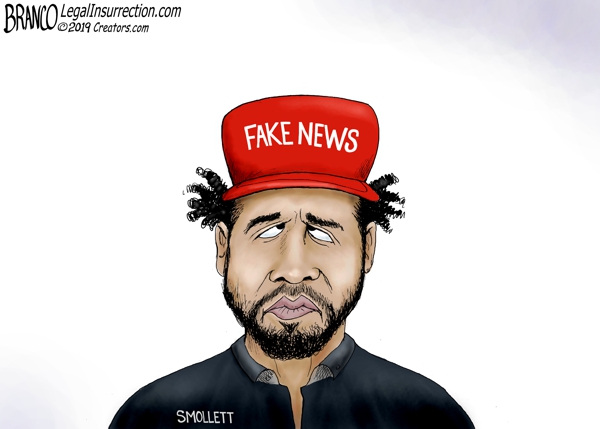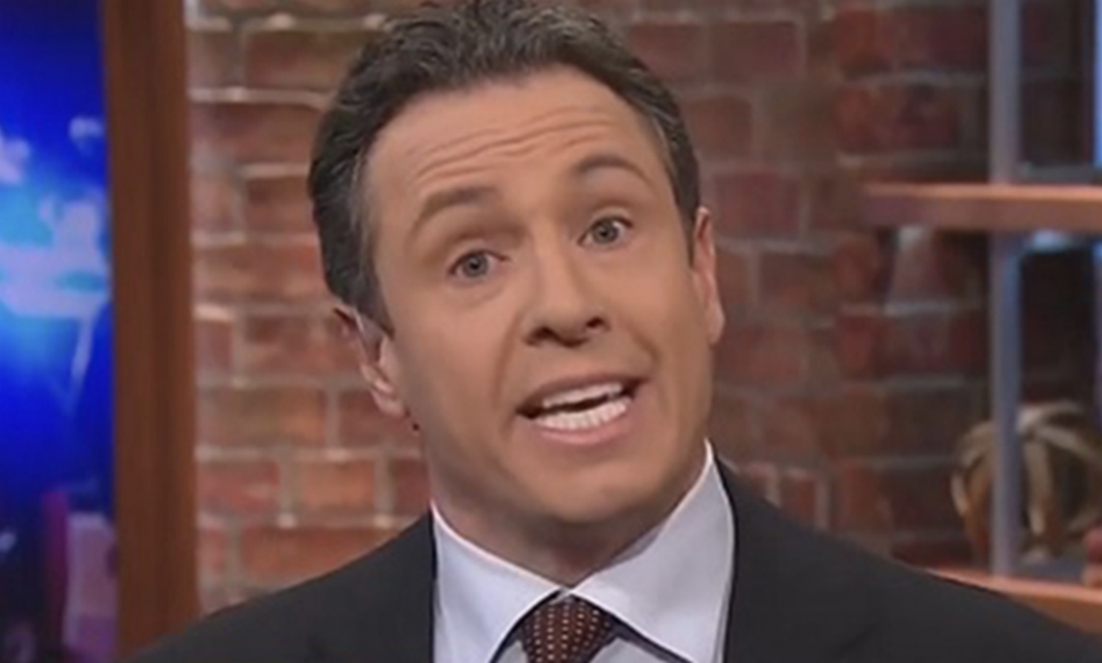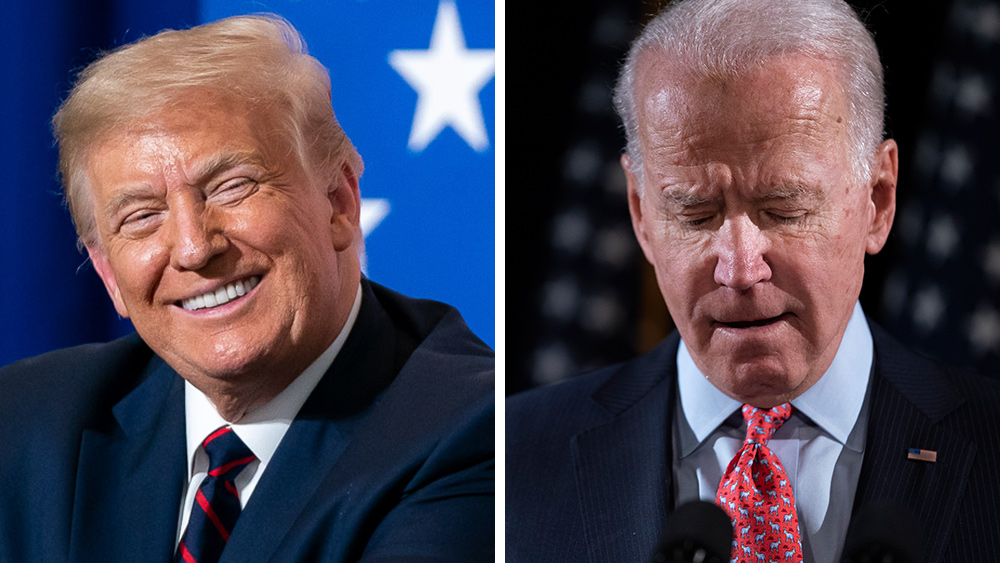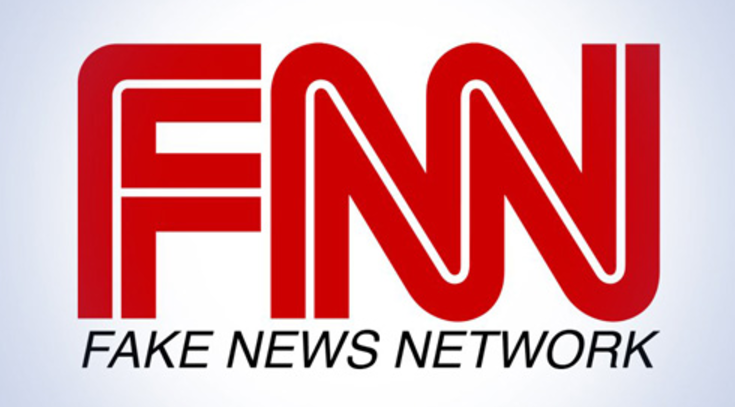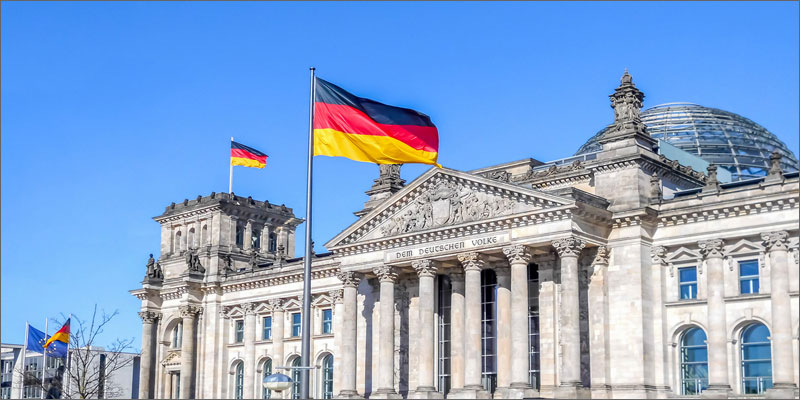Reuters colluded with British intelligence to disseminate propaganda to target geopolitical competitors
03/24/2021 / By Ethan Huff

The mainstream media is engaged in a covert information warfare campaign that aims to “weaken Russia” and promote regime change there.
Leaked documents show that the U.K. Foreign and Commonwealth Office (FCO) paid the Thomson Reuters Foundation and BBC Media Action to have their Russian journalists produce negative content about Russia and positive content about Great Britain.
Operating through a shadowy department within the FCO called the Counter Disinformation & Media Development (CDMD), these media organizations along with a cohort of intelligence contractors embedded within a secret organization known as “the Consortium” sought to produce an “attitudinal change in the participants” in order to promote a “positive impact” on their “perception of the UK.”
“These revelations show that when MPs were railing about Russia, British agents were using the BBC and Reuters to deploy precisely the same tactics that politicians and media commentators were accusing Russia of using,” says Chris Williamson, a former U.K. Labour MP who tried to apply public scrutiny to the CDMD’s covert activities but was stonewalled based on the excuse that doing so was a national security risk.
“The BBC and Reuters portray themselves as an unimpeachable, impartial, and authoritative source of world news, but both are now hugely compromised by these disclosures. Double standards like this just bring establishment politicians and corporate media hacks into further disrepute.”
The Western deep state hates Russia and uses the media to spread anti-Russian propaganda
The U.K. FCO was caught engaging in similar propaganda campaigns against Syria, and for the same purpose. Regime change in both Russia and Syria is the group’s endgame, as it also is for other Western entities that operate media outlets here in the United States.
The Russian collusion conspiracy theory during President Donald Trump’s first presidential term was evidence of this, as is the latest rhetoric coming from fake “president” Joe Biden against Russian President Vladimir Putin, whom Biden says has “no soul.”
“The new documents provide critical background on the role of NATO member states like the U.K. in influencing the color revolution-style protests waged in Belarus in 2020, and raise unsettling questions about the intrigue and unrest surrounding jailed Russian opposition figure Alexei Navalny,” reports The Grayzone‘s Max Blumenthal.
“Further, the materials cast serious doubt on the independence of two of the world’s largest and most prestigious media organizations, revealing Reuters and the BBC as apparent intelligence cut-outs feasting at the trough of a British national security state that their news operations are increasingly averse to scrutinizing.”
As far back as the 1960s, the British government was secretly paying Reuters to spread anti-Soviet propaganda with the help of an organization run by the MI6 intelligence agency. The British government also used the BBC as “a pass-through,” to quote Blumenthal, for concealing its payments to Reuters.
A Reuters spokesman has since come out and declared that this “arrangement” with MI6 back in 1969 “was not in keeping with our Trust Principles and we would not do this today.”
The newly leaked documents, however, contradict this claim, revealing that both Reuters and the BBC continue to maintain a non-transparent relationship with the U.K.’s foreign ministry to counter and undermine Russia.
In 2017, Reuters’ non-profit arm delivered a formal tender offering to “enter into a contract with the Secretary of State for Foreign Affairs, as represented by the British Embassy Moscow, for the provision of a project ‘Capacity Building in Russian Media.'” This letter was signed by Reuters CEO Monique Ville that same year.
In 2019, the FCO released a similar initiative articulating an even more aggressive plan to denigrate Russia. This plan involved infiltrating the Russian media in order to propagate a pro-UK, anti-Russia narrative, which is evident in today’s media reporting both in the U.K. and the U.S.
More related news can be found at Propaganda.news.
Sources for this article include:
Tagged Under: BBC, BBC Media Action, Bellingcat, British intelligence, Collusion, Consortium, geopolitical competitors, propaganda, Reuters, Russia, Thomson Reuters Foundation
RECENT NEWS & ARTICLES
COPYRIGHT © 2017 JOURNALISM NEWS


